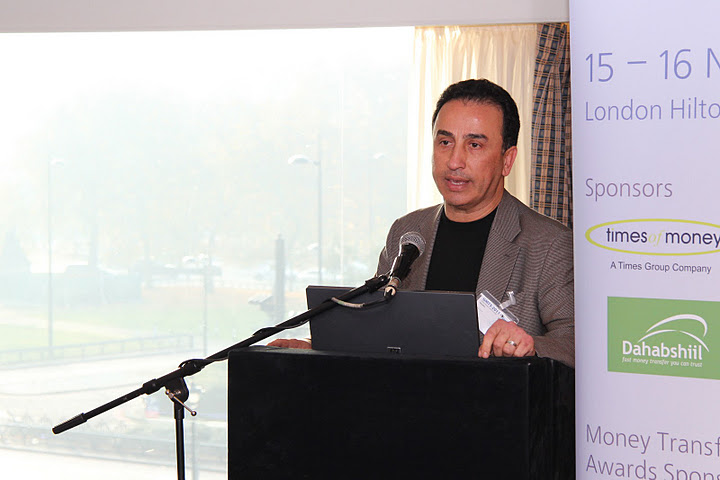
The UK Multicultural Communities…Why is this the fastest growing market niche.
For years we have been working passionately to promote and raise the awareness of the benefits in targeting the multicultural communities in the UK, a niche that has seen phenomenal growth unmatched by any other market sector.
While the IPA expressed their alarm about an advertising industry for not representing the market as a whole and is mainly White, Men and Middle class.
The industry continues to respond towards this growing niche by assuming that their generic solutions are communicating to all, a strategy that continues to fail to deliver audiences and results for many a clients and more so in hard times such as what we are going through and the requirements for effective, intelligent and cost effective solutions that deliver results.
The targeting of the multicultural community constitutes several cultural or ethnic groups within a society – this includes the wider ‘mainstream/ white’ population. We in the UK are fortunate that we are rich in multicultural communities, a fact that most overlook either out of fear or ignorance.
Multiculturalism in the UK, especially London, is not a new phenomenon – we all have reasons to be celebrating this fact for decades.
With this publication our aim is to show you this picture in its fullness through the description of the creating elements. By understanding the pieces with variety of shapes, colours and textures you will be able to see the whole image.
Targeting a growing market niche
Multiculturalism is here to stay. Marketing directors and innovation mavericks have been highlighting the rise of this lucrative market with huge disposable income and money to spend. So what’s the reality behind this diverse marketplace?
With more than 18% of the UK wealth will soon reside with people of diverse heritage in the UK (Asian, Chinese, Arabs, Russians and other diverse groups).
What these groups have in common is that they have massive wealth and have not been targeted adequately by major brands.
A recent survey revealed that a large number of clients and marketing departments lack basic knowledge and understanding of their clients composition, and lack of cultural understanding.
1 in 3 Londoners Ethnic
One in three Londoners claims to belong to an ethnic group. Not surprising as Minorities have tended to moved to urban areas where job prospects are better.
This is stark contrast to the white population, where almost 50% of them are over the age of 40, whereas only 19% of the Bangladeshi community is over the age of 40.
A8
The most important development which is set to continue is the number of people from the accession countries arriving in the UK.
It is estimated that more than 1.8 million east European started arriving in the UK since 2005 with the largest group being the Polish community which saw the number of Polish people jump from 13 to the first spot in a space of 2 years only.
The number of doctors from the A8 countries registering with the GMC increased by 25%.
The presence of these communities has increased demand for travel, banking and food to name but a few of the services.
Business
There are 300,000 Ethnic minority run small businesses in the UK that contribute an estimated £34 billion to the UK economy (BERR, 2007).
Research finding from a report by Barclays Bank (2005) on BME run businesses in the UK revealed that BME business start-ups grew a third reaching record levels from 32,000 in 2000 to 50,000 in 2004.
The research went onto state that BME businesses are three times more likely to have a turnover between £250K and £1M and to employ staff. There business performance also outstrips that of their white counterparts.
In London, there are 66,000 Ethnic-owned businesses, employing 560,000 and generating combined sales turnover of £90 billion compared to the turnover of all London businesses of £800 billion. These figures do not include approximately 93,000 self-employed Minority Ethnic people (LDA 2005).
The British Polish Chamber of Commerce estimates that Polish entrepreneurs have set up some 40,000 businesses in the UK, creating thousands of jobs.
Saad Saraf
CEO
Mediareach Advertising
